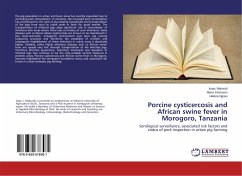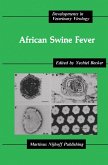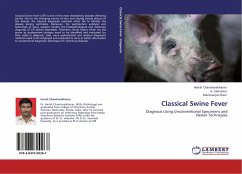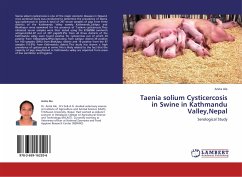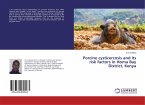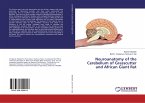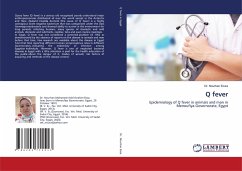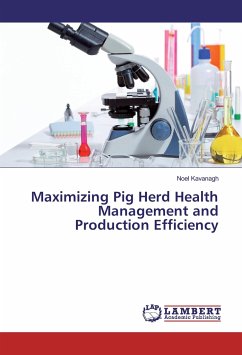The pig population in urban and town areas has recently expanded due to increasing pork consumption. In Tanzania, the increased pork consumption has contributed to the raise of pig keeping households and transportation of live pigs from rural to urban areas in fetch for good market. The transportation of infected pigs plays significant role in transmission of infections into areas where there was no history of such infections. Some diseases such as Taenia solium Cysticercosis are known to be maintained in low socio-economic, unhygienic environment and poor pig rearing husbandry practices and therefore the possibility of transfer and subsequent establishment of these infections in urban areas is absolutely higher. Similarly, other highly infectious diseases such as African swine fever are spread very fast through transportation of live infected pigs. Therefore effective quarantine, restriction movement and slaughter of infected pigs may continue to be the only possible control measures in endemic areas. Porcine cysticercosis and African swine fever in Morogoro, Tanzania highlighted the serological surveillance status and associated risk factors in urban domestic pig farming.
Bitte wählen Sie Ihr Anliegen aus.
Rechnungen
Retourenschein anfordern
Bestellstatus
Storno

